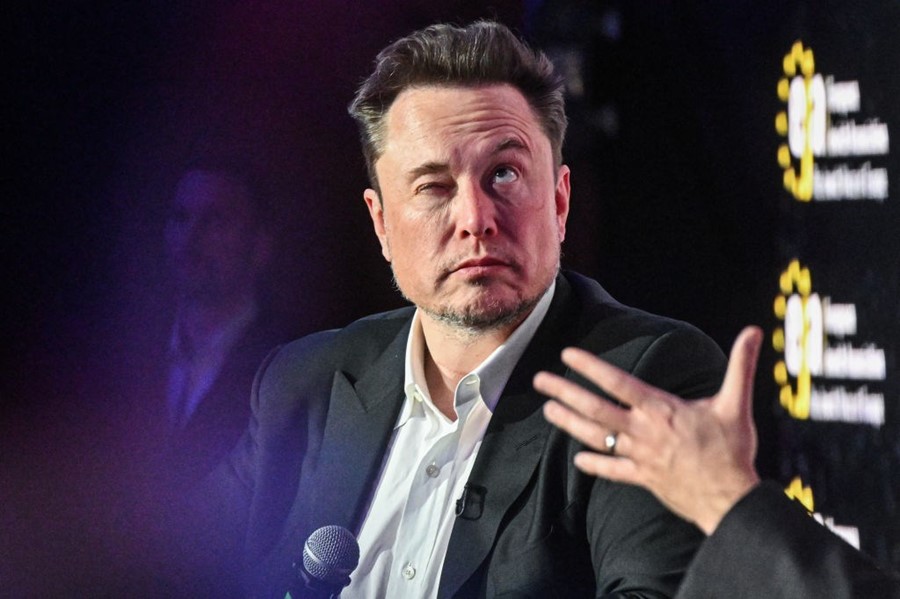The controversial tech company claims that its experimental brain-computer interface can cure paralysis, via ‘telepathy’
What, you thought it was bad to endure Elon Musk’s increasingly-deranged X posts on a daily basis? Well, imagine if the SpaceX billionaire had a direct line to your brain. As of last Sunday (January 28), this became a reality for a patient of Musk’s brain-computer interface company Neuralink, after they were implanted with one of its controversial computer chips.
Announced in an X post on Monday (January 29), the world’s first treatment was said to be a success. “The first human received an implant from Neuralink yesterday and is recovering well,” Musk wrote. “Initial results show promising neuron spike detection.”
Neurons are cells that send information throughout the brain and the body, enabling fundamental processes like breathing, walking, talking, eating and thinking. A “spike” represents a rapid increase in electrical activity across a neuron, which is a crucial part of transmitting that information, and measuring these can yield insights into wider brain activity, or neurological disorders. The identity of the first test subject, and exactly what the chip is telling researchers about their brain, is yet to be revealed.
Neuralink’s first human study, Prime, is essentially a trial of its brain-computer interface, to evaluate the safety of both the brain chip and the surgical robot that implanted it. Eventually, the start-up aims to use the interface to enable people with quadriplegia – the paralysis of all four limbs – to control devices with their thoughts. A similar functionality was demonstrated back in 2021, in a video featuring a Macaque monkey playing Pong with its mind.
If you’ve been following any past developments at Neuralink, then you’ll already know that these trials are wildly controversial. The company, under Musk’s supervision, has been accused of killing around 1,500 animals – including monkeys, sheep, and pigs – from 2018 to 2022, and its bids for approval from the US Food and Drug Administration (FDA) have previously been rejected on safety grounds. According to Reuters, it was also found in violation of US government rules on the transport and packaging of hazardous materials in 2023.
Enables control of your phone or computer, and through them almost any device, just by thinking.
— Elon Musk (@elonmusk) January 30, 2024
Initial users will be those who have lost the use of their limbs.
Imagine if Stephen Hawking could communicate faster than a speed typist or auctioneer. That is the goal.
Neuralink finally got the FDA’s go-ahead for human trials last year, however, and has wasted little time since then. Shortly after publicising the initial human trial this week, Musk announced that the first Neuralink product is called “Telepathy” and “enables control of your phone or computer, and through them almost any device, just by thinking”. Those who have lost the use of their limbs will be the first users, he adds. “Imagine if Stephen Hawking could communicate faster than a speed typist or auctioneer. That is the goal.”
Looking further into the future, some have suggested that the uses of brain chips like Neuralink’s could go far beyond restoring autonomy to those with debilitating neurological conditions. Even more radical ideas include merging the human brain with artificial intelligence (a potential workaround for the AI apocalypse) or uploading human consciousness to virtual worlds.
Read Dazed’s deep dive on brain uploading here.




